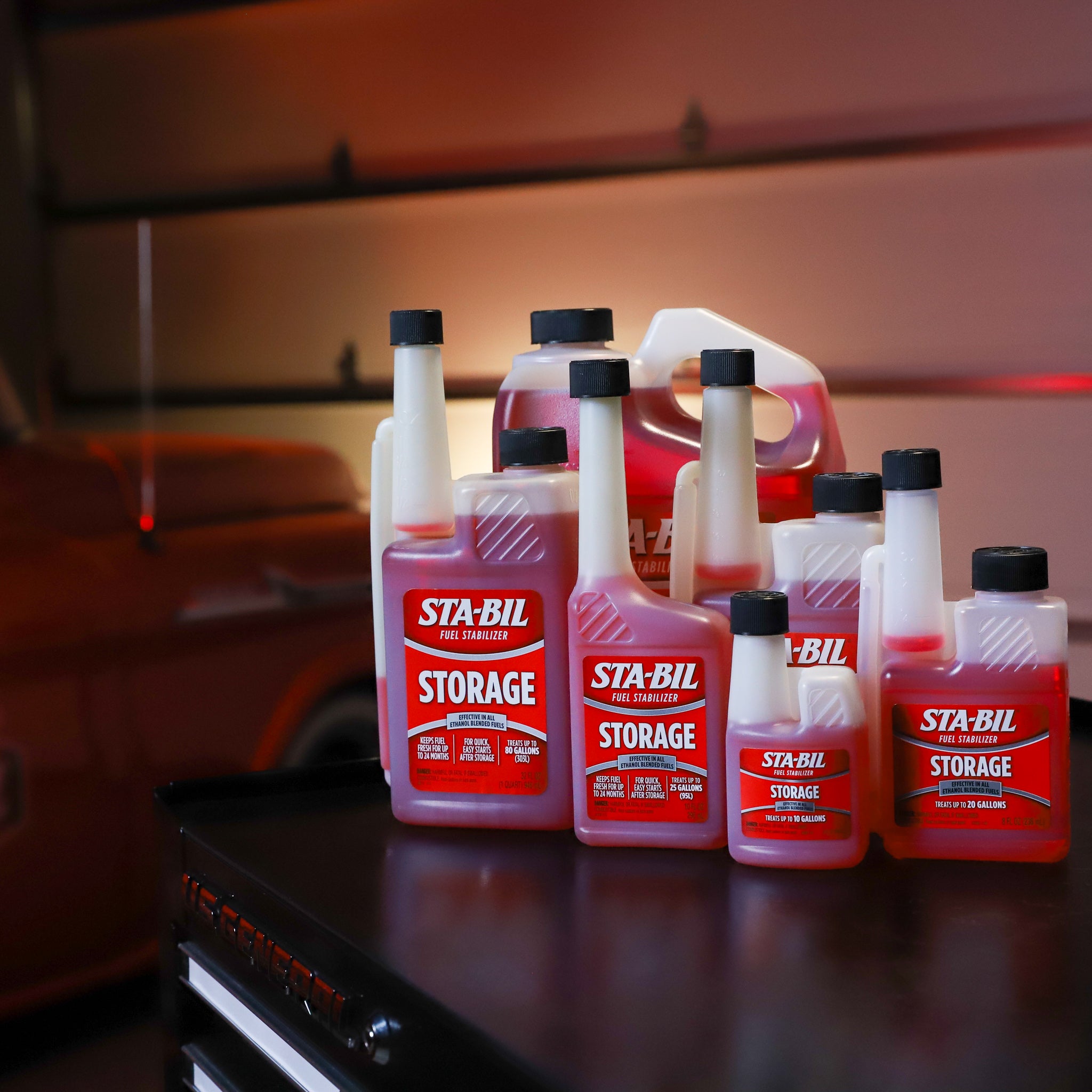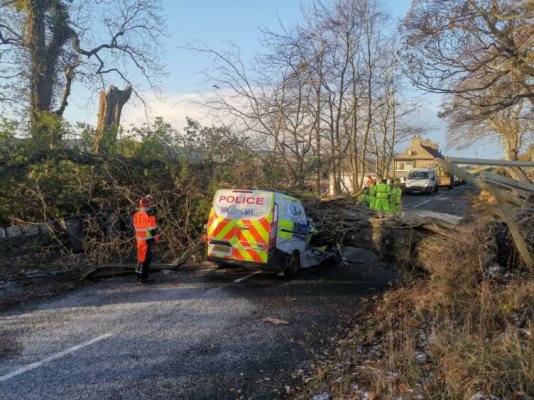- Joined
- Jun 24, 2008
- Messages
- 45,524
- Location
- London
- Car
- 2022 Hyundai IONIQ 5 RWD / 2016 Suzuki Vitara AWD
I think V2L will become very useful in the future when there are a lot more EVs that can collectively contribute to the grid if need be when they are connected up.
I should also mention that the manufacture lists other possible usages, which are charging another EV (though just to give it a few miles boost in an emergency, because the charge rate is extremely low, and it will take forever to fully charge it), or powering home appliances while camping (kettle. microwave, etc).
What is probably useful about V2L, though, is that there's a UK 3-pin socket inside the car, so you can charge a laptop while driving.
Not that I've ever needed any of the above, mind.



 ----for intermittant or seasonal use equipment there's an understandable tendancy to "fuel and forget"
----for intermittant or seasonal use equipment there's an understandable tendancy to "fuel and forget"